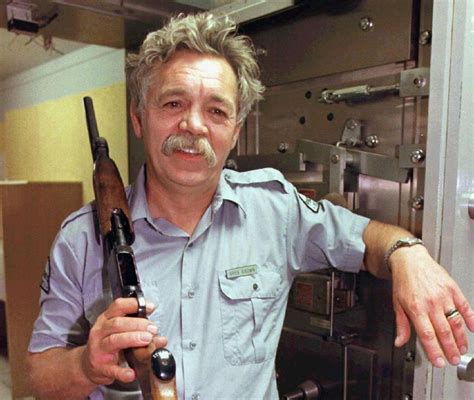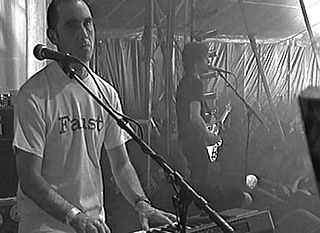A Quote by Erik Larson
After I finish writing a chapter, I'll print it out, cut it up into paragraphs, and cut away any transition sentences. Then I shuffle all the paragraphs and lay them out as they come. As I arrange and hold them next to each other, very quickly a natural structure for the chapter presents itself.
Related Quotes
To me, writing is a very physical process. I lay out the entire book with the two narratives side by side on my bedroom floor, and just get down on my hands and knees and start looking at it in that physical space. "Does this really follow from this? Should this be here or elsewhere?" I will literally cut the paper into paragraphs. I'll cut it into segments and move the segments around from one narrative to the other until I feel that I've found the natural structure.
When I visit schools and talk to students about writing, I give them one word of advice and I give it to them quickly and loudly-FINISH! Starting something is easier than finishing it. You must have discipline to go from a few sentences, to a few paragraphs, to a piece of writing that has a beginning, a middle, and an end. Finishing something bridges the difference between someone who has talent and one who does not. My best advice? Apply the seat of your pants to the seat of your chair-and finish. FINISH!
I wrote 'Mr. In-Between' very quickly when I was about 23. I wrote the penultimate chapter, then realised I'd done something which was written to the best of my abilities. I panicked. I hesitated to finish the final chapter and went into withdrawal for three years. I decided to pick it up again after I went drinking with author Tim Binding.
I found out - the paper used to go to bed on Tues - on Monday. I found out that on Monday nights, the editors would cut out - literally cut out passages, sometimes whole paragraphs, of some of the writers that might possibly offend blacks, lesbians, gays, radicals. And I wrote a couple of columns about that. And they're - of course, they were annoyed that I had written about it, but, I mean, it - another example - and [my wife Margot] always also conjured that.
Writing is the act of creation. Put words on page. Words to sentences, sentences to paragraphs, paragraphs to 7-book epic fantasy cycles with books so heavy you could choke a hippo. But don't give writing too much power, either. A wizard controls his magic; it doesn't control him. Push aside lofty notions and embrace the workmanlike aesthetic. Hammers above magic wands; nails above eye-of-newt. The magic will return when you're done. The magic is what you did, not what you're doing.
I do not begin my novel at the beginning, I do not reach chapter three before I reach chapter four, I do not go dutifully from one page to the next, in consecutive order; no, I pick out a bit here and a bit there, till I have filled all the gaps on paper. This is why I like writing my stories and novels on index cards, numbering them later when the whole set is complete. Every card is rewritten many times.
































